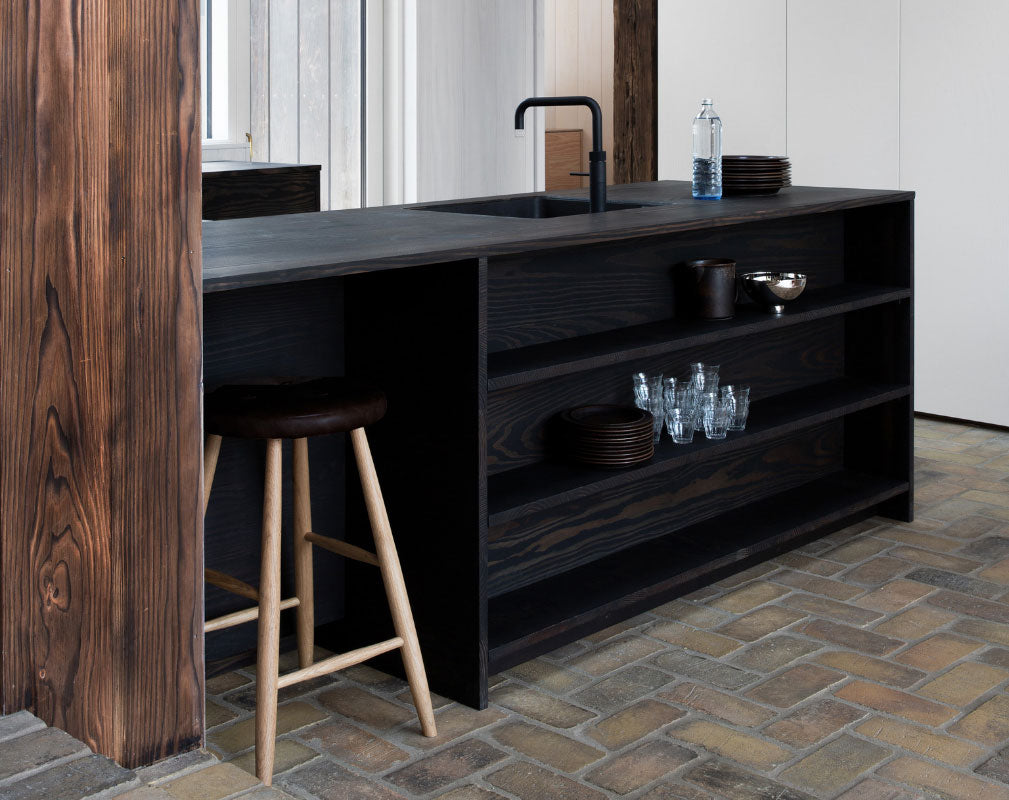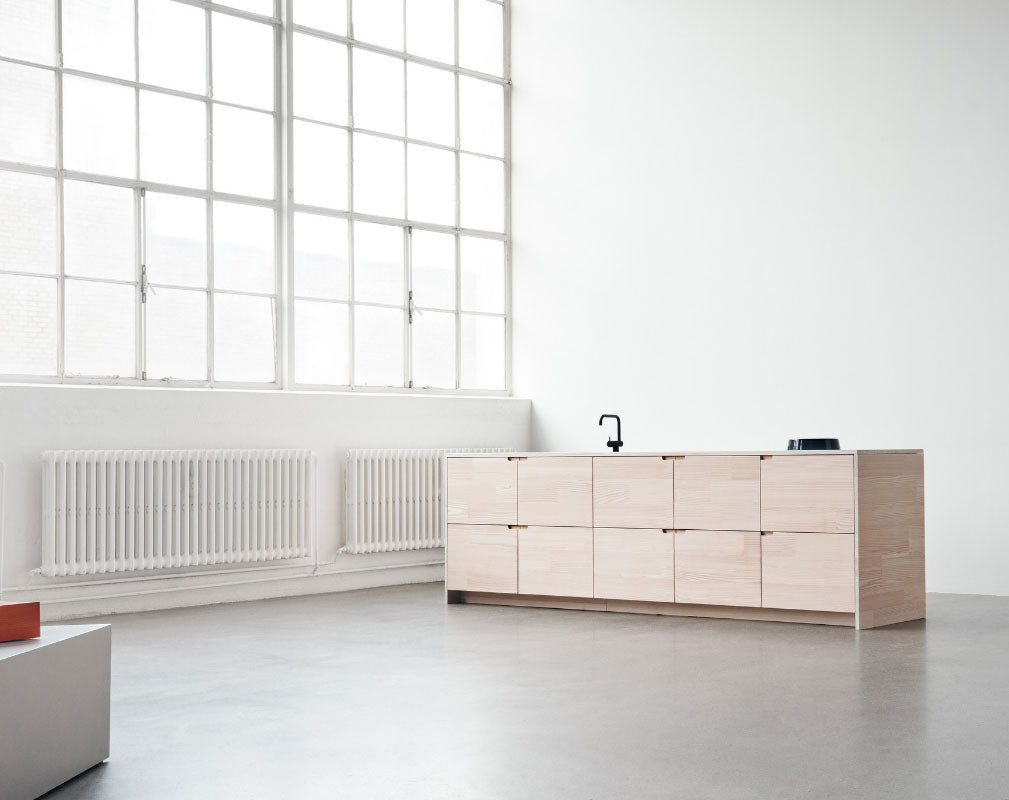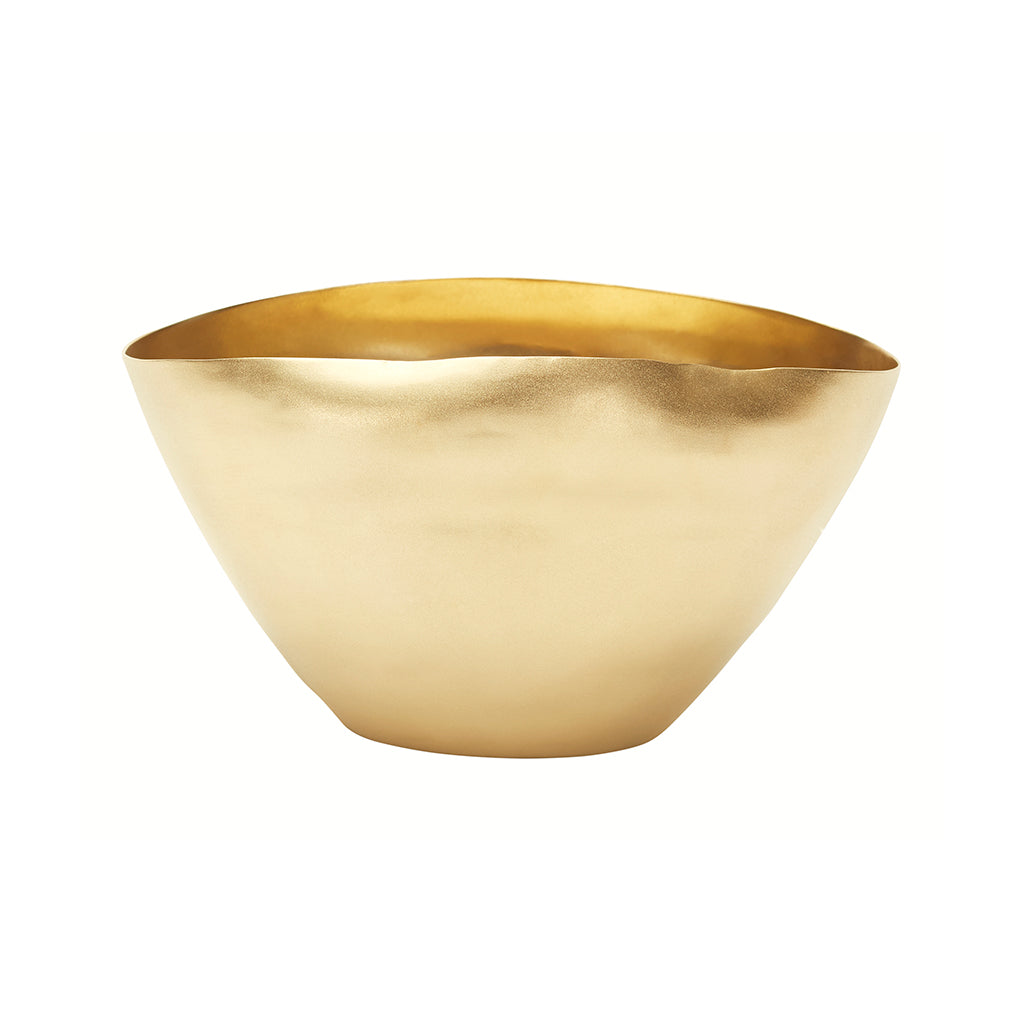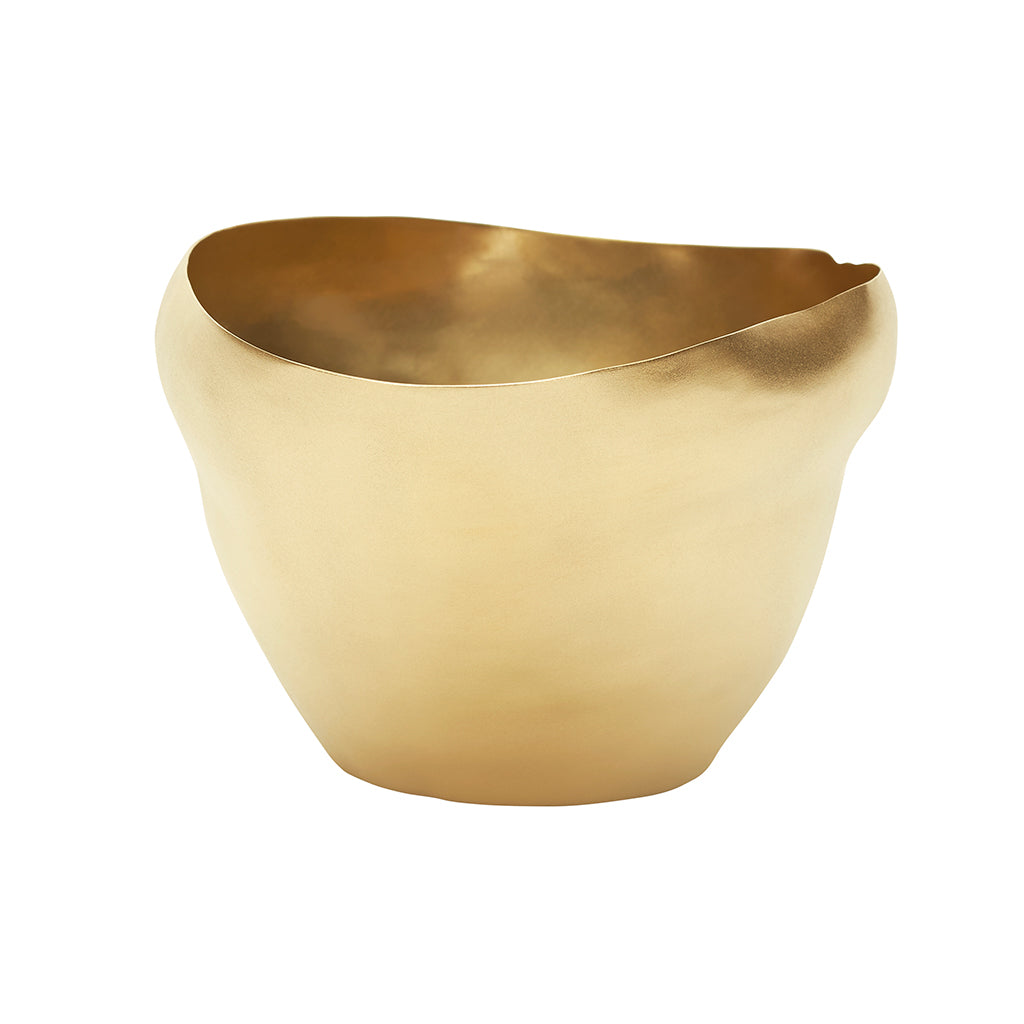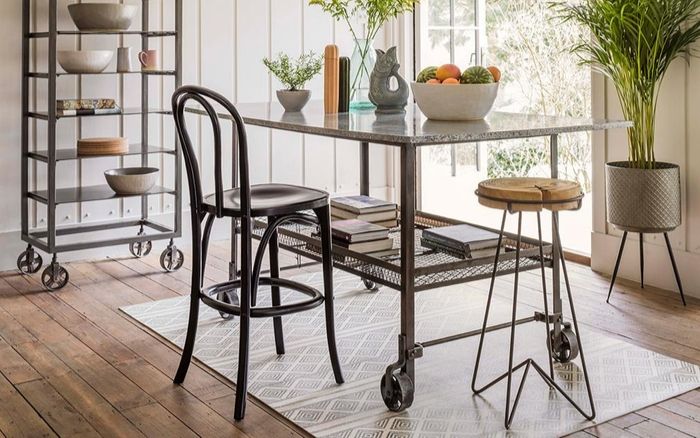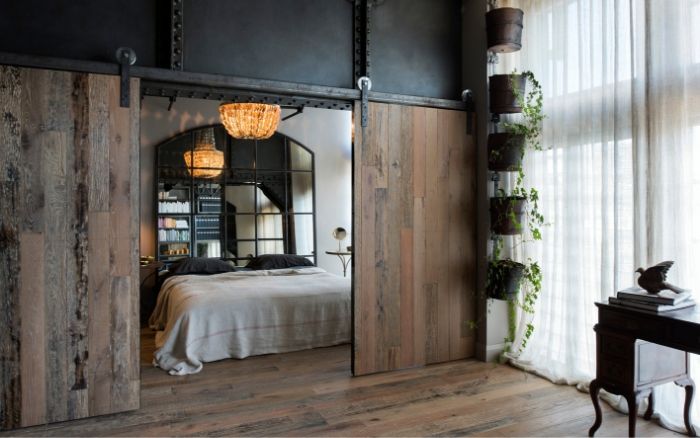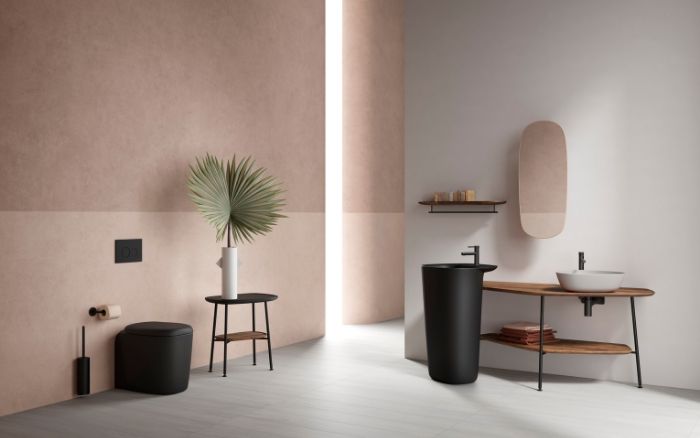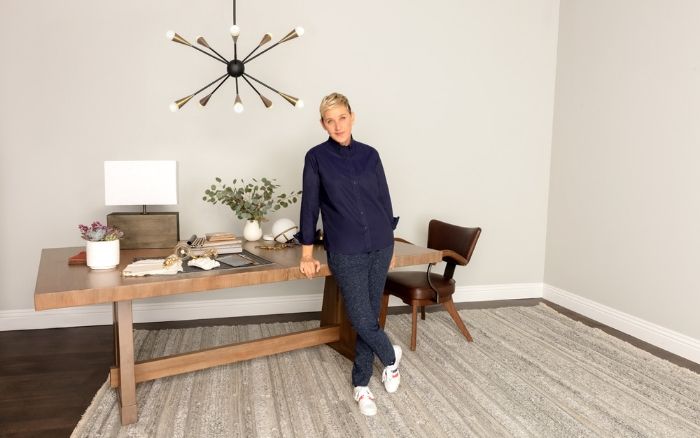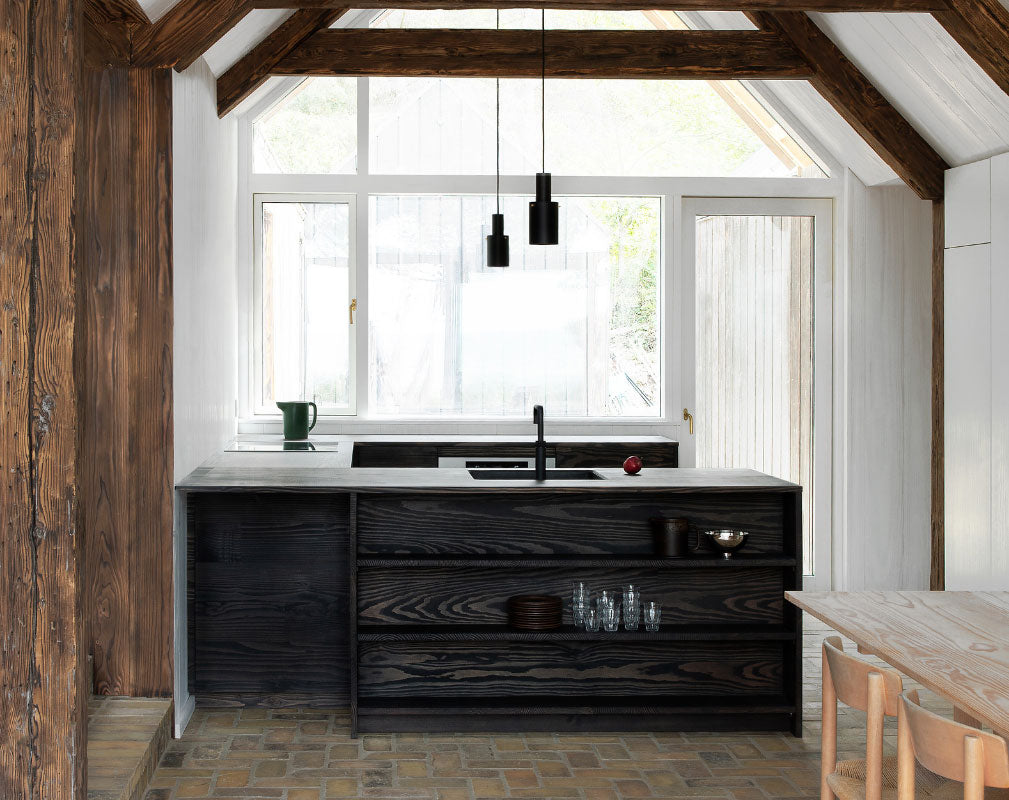
The Warehouse Home interiors studio recently completed a residential project that featured flooring by Danish manufacturer Dinesen. Today we’re sharing another Dinesen project and it might not be what you’d expect.
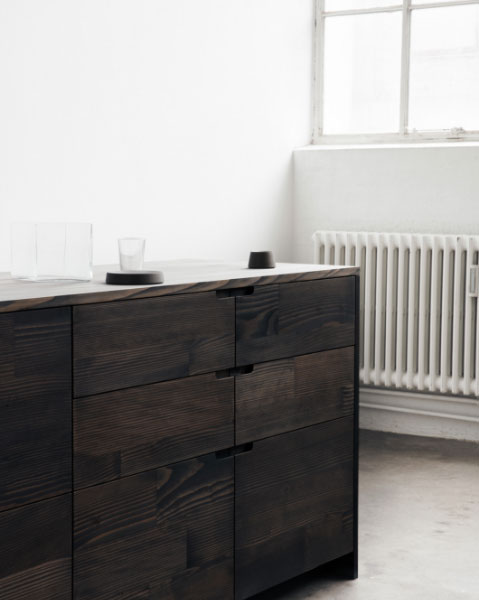
When Jeppe Christensen and Michael Andersen founded Danish design brand Reform back in 2014, they were hoping to offer an affordable alternative to the high-end, custom-made wooden kitchens that were becoming popular at the time. These kitchens often come with a hefty price tag so the pair was keen to explore alternative options that were more affordable.
Reform now collaborates with the best Danish and internationally acclaimed architects to reform kitchens with great design. By using IKEA’s basic and most popular models as base units for their designs and adding unique architect-designed fronts and countertops they are able to offer their products at a reasonable price.
The Copenhagen-based company has already collaborated with the likes of BIG – Bjarke Ingels Group, Cecilie Manz, Norm Architects, Afteroom, and Note Design Studio. There are also plans to work with Faye Toogood, Jean Nouvel and Inga Sempé.
For its latest design, Reform has chosen to collaborate with Lendager Group, one of the most renowned architecture firms when it comes to sustainability and the circular economy. Lendager Group, which has has exclusive rights to use the surplus wood from Dinesen, designed the UP kitchen.
The high-end plank flooring from Dinesen is typically used in galleries, restaurants, mansions and other customer specific projects. These projects often generate a lot of residual wood, which would ordinarily be wasted. However, it is now being used by Reform to create their new kitchen design.
The minimalist kitchen design takes its inspiration from traditional craftsmanship and pays particular attention to the unique and organic nature of the material, which is an integral part of the design. Being a reclaimed material, there are subtle variations in the grain, colour and shine of the wood which really add character. The knots, which are a typical characteristic of reclaimed wood, also cause some variation on the fronts.
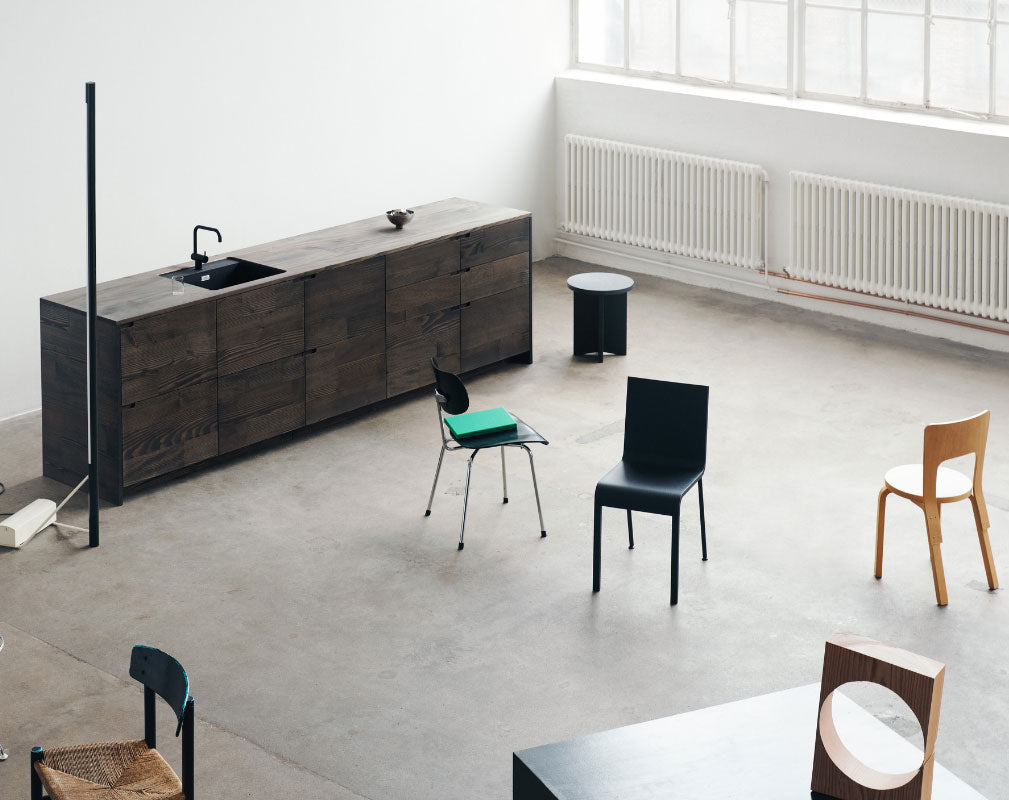
This collaboration is an important milestone for Reform’s founders who had always planned to produce a sustainable kitchen design. “Since Lendager Group offers an innovative approach to sustainable architecture and explores new business models where there is increased focus on creating a regenerative design, we found them to be an ideal collaboration partner to make our wish come true,” says Andersen.
“To design a kitchen that is based on a circular economy is,” says Anderson, “in our viewpoint, when you have an increased focus on creating a regenerative design - meaning that you of course want it to be aesthetic, but at the same time are helping to solve existing global issues. Therefore, the natural qualities and recycling possibilities of materials have been essential to the UP design.”
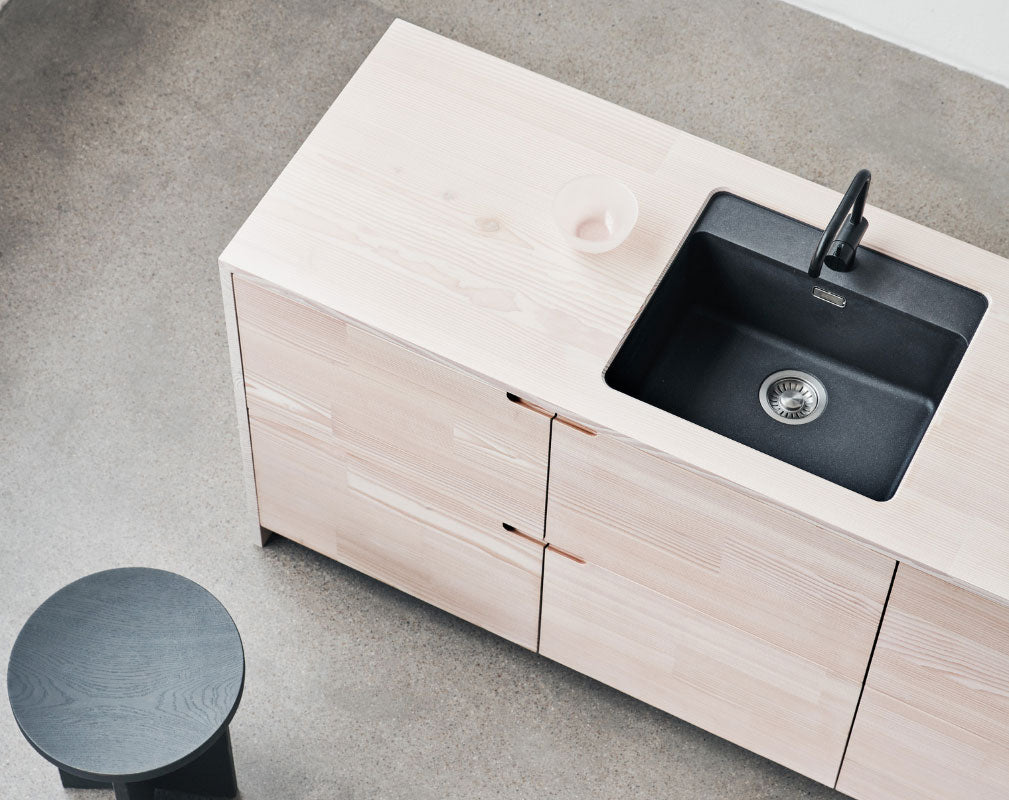
“To design a kitchen that is based on a circular economy is, in our viewpoint, when you have an increased focus on creating a regenerative design - meaning that you of course want it to be aesthetic, but at the same time are helping to solve existing global issues. Therefore, the natural qualities and recycling possibilities of materials have been essential to the UP design.”
